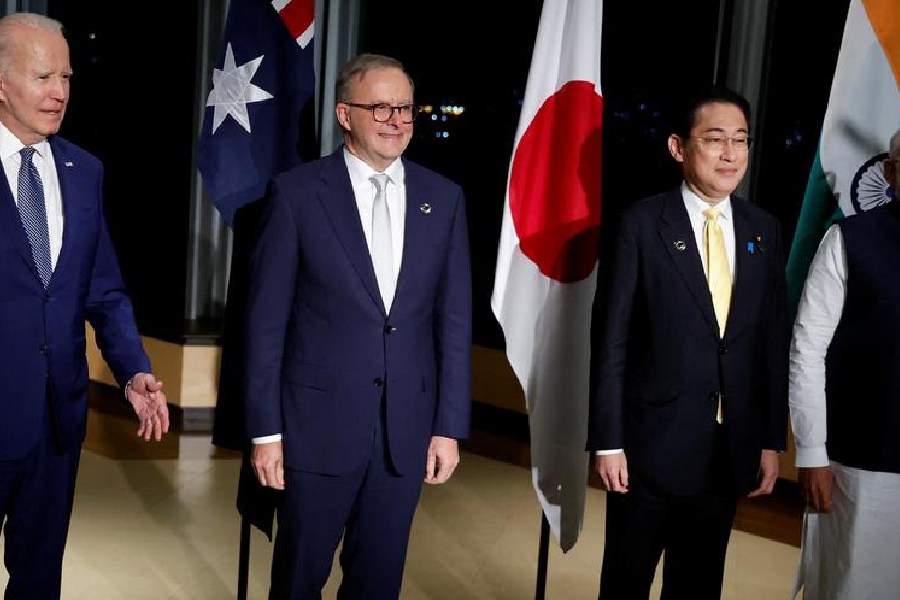They come from far corners of the globe, speak different languages, span the ideological spectrum and range in age from 43 to 80. But one thing President Joe Biden and the other leaders of the G7 meeting in Japan have in common? They’re not all that popular at home.
For Biden and his counterparts from the world’s leading industrial powers, it is an age of democratic discontent when electorates seem perpetually dissatisfied with the presidents and prime ministers they have chosen. Each leader is in hot water for different reasons, but their shared struggles highlight the fragility of free societies in a time of deep political and cultural divisions.
That has made this year’s summit meeting in Hiroshima something of a “lonely hearts club”, in the phrase of one specialist, where unloved leaders can commiserate over their domestic troubles and trade ideas for how to get back into the good graces of their voters. A few days away from home to engage peers on the world stage can be a welcome relief for battered leaders, a chance to strut and posture and play the role of statesman shaping the forces of history.
But their troubles have a way of following them and can limit their options and influence. Biden started his morning on the opening day of the three-day meeting on Friday not with an elevated discussion of affairs of state but with a half-hour phone call back to Washington to check on negotiations with Republicans over the more prosaic yet profoundly consequential issues of spending and debt. He ended the day by skipping out about 90 minutes early from the leaders’ gala dinner on Miyajima island to take another call from home on the spending talks.
“The upshot,” said Suzanne Maloney, director of the foreign policy programme at the Brookings Institution, “is an environment in which the leaders of the world’s most powerful democracies have to engage with an ever more challenging world, even as they’re on shaky ground at home. This can fuel doubts among our allies and overconfidence among our adversaries, and leave us all more vulnerable as a result.”
New York Times News Service










